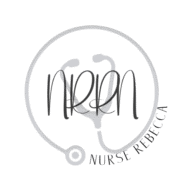
Let me start by saying this: I have been there. You know, the dragging-through-your-day, “I-need-coffee-to-function” kind of energy slump. Some mornings I swear my eyelids had their own gravitational pull. And as a nurse who’s spent years watching people try every diet, cleanse, and “energy hack” under the sun, I can tell you—it doesn’t have to feel like this. You can eat in a way that actually fuels you instead of drains you.
I’ve learned the hard way that our relationship with food—how and what we eat—directly affects our energy levels. For years, I fell into the trap of skipping meals, snacking on whatever was “quick,” and thinking caffeine could replace real fuel. Spoiler alert: it doesn’t. And I bet you’ve tried something similar at least once.
Why Energy Fades Fast
Our bodies are little machines, and just like any machine, they need the right fuel to run well. When we eat foods that spike our blood sugar—think sugary snacks, white bread, or even “diet-friendly” bars—we get a quick burst of energy. But that high doesn’t last. Minutes later, you crash, feeling foggy, cranky, and craving more quick sugar.
I learned to watch for this pattern in myself. I’d grab a granola bar at 10 AM thinking it was healthy, only to feel completely wiped by 11:30. It wasn’t laziness—it was biology. My body was literally running on rollercoaster fuel. That’s when I realized that sustainable energy doesn’t come from cutting calories or chasing caffeine. It comes from eating in a way that stabilizes blood sugar, supports metabolism, and nourishes your cells.
Start With Protein and Fat
One of the biggest changes I made was adding consistent protein and healthy fats to every meal. Eggs in the morning, Greek yogurt with nuts, or a small piece of chicken or fish at lunch can be game-changers. Protein doesn’t just fill you up—it provides the building blocks for neurotransmitters that keep your brain sharp and your mood stable.
And let’s talk fats for a second. For years, I avoided fat like it was the enemy. Newsflash: it’s not. Healthy fats like avocado, olive oil, nuts, and fatty fish are like slow-burning logs on your energy fire. They prevent that dreaded mid-afternoon slump and help you feel satiated without crashing. I remember one week when I deliberately added avocado to lunch every day—it was miraculous. I stopped reaching for snacks two hours later and felt more alert for the rest of the afternoon.
Don’t Forget the Fiber
Fiber is another unsung hero in the energy game. Whole vegetables, fruits, legumes, and whole grains slow digestion and provide a steady stream of energy. For example, I’ll pair a small apple with almond butter for a snack instead of grabbing a cookie. The difference in my focus and energy? Night and day.
A tip I swear by: aim for a mix of soluble and insoluble fiber. Soluble fiber (found in oats, beans, and some fruits) helps stabilize blood sugar. Insoluble fiber (like leafy greens and broccoli) keeps your digestion moving smoothly. Both together equal less energy rollercoaster.
Timing That Works for You
One thing I’ve learned is that there’s no one-size-fits-all when it comes to meal timing. For some people, regular meals every few hours feel best. For others—including me—intermittent fasting can actually feel energizing. Skipping breakfast or having a shorter eating window doesn’t automatically mean you’ll crash; it’s all about how your body responds and what you eat during your eating periods.
The key is paying attention to how you feel. Are you energized and focused, or do you notice dips in mood or concentration? If your energy fades, adding balanced snacks or shifting your eating window can help. If intermittent fasting works for you, that’s great—just make sure your meals are rich in protein, healthy fats, fiber, and micronutrients so your body is fully fueled during your eating periods.
Hydration Isn’t Optional
You’ve heard it before, but hear me out: dehydration is a major energy zapper. I used to chug coffee all morning and wonder why my energy was all over the place. Turns out, my body was screaming for water, not caffeine. Drinking enough water keeps your cells happy, supports digestion, and keeps your brain functioning well.
Mind the Micronutrients
Sometimes fatigue isn’t about calories or macronutrients—it’s about micronutrients. Iron, magnesium, B vitamins, and vitamin D all play huge roles in energy production. One winter, I realized my low-energy afternoons coincided with low iron levels from routine labs. Adding iron-rich foods like spinach, lentils, and lean meats, along with a B-complex supplement, made me feel like a new person.
Beware the “Quick Fix” Mentality
Here’s the real kicker: energy hacks don’t fix the root problem. Smoothies loaded with sugar, energy drinks, or “detox teas” might give you a temporary boost, but they won’t sustain you. I know because I tried every one of them at some point. Sustainable energy comes from consistent, mindful eating habits.
One trick I started using is what I call “energy-first meals.” I look at what I’m eating and ask: will this fuel me for the next few hours? Or is it just a sugar spike waiting to happen? It’s changed the way I grocery shop and plan meals, and honestly, it’s simplified my life.
Personal Hacks That Actually Work
Batch breakfast prep: Hard-boiled eggs, overnight oats, or Greek yogurt parfaits in jars. In the mornings, grab and go. No excuses.
Balanced lunch plate: Half veggies, a quarter protein, a quarter whole grains or starchy veg. Keep the blood sugar stable.
Snack smart: Pre-portioned nuts, fruit, or roasted chickpeas. Avoid mindless vending machine snacking.
Move your body: Even a 10-minute walk can help fight that post-lunch dip. Movement literally wakes up your cells.
I can’t stress enough: these aren’t huge, life-altering changes. They’re small, consistent habits that add up over time. And the result? Energy that lasts, a mood that’s steadier, and fewer of those “why am I so tired?” days.
When Energy Struggles Persist
Sometimes, persistent fatigue isn’t just about food. Hormones, thyroid function, sleep quality, stress, and underlying health conditions can all affect energy. That’s why I always encourage women to pay attention to their patterns and, if necessary, get labs checked. One of my favorite things to do with clients is track energy and meals together—like detective work for your own body. You’d be surprised how many patterns reveal themselves just by taking notes.
Wrapping It Up
Eating for energy isn’t about dieting or deprivation—it’s about giving your body the fuel it needs to thrive. Protein, healthy fats, fiber, hydration, and micronutrients, paired with a timing strategy that works for you, are the backbone of sustainable energy. And yes, it takes a bit of practice, but your body is remarkably resilient and responds beautifully to consistency.
If this resonates with you, there are some tools I’d love to share to help you on your journey:
Take my free quiz, “What’s Sabotaging Your Healthy Habits?” to pinpoint the habits that might be draining your energy without you even realizing it.
Grab the ‘Inner Critic Playbook’ for mindset shifts that prevent self-sabotage around food and energy.
Try the ‘What Spikes Me’ Workbook to track your meals and see firsthand what fuels you versus what zaps you.
And when you’re ready, schedule a free 60-minute consultation with me to create a personalized energy-boosting plan that works for your life, your schedule, and your body.
Your energy doesn’t have to be a mystery. With a little guidance, you can move through your days feeling alert, focused, and fully present—without relying on caffeine or quick fixes. Let’s make exhaustion a thing of the past.
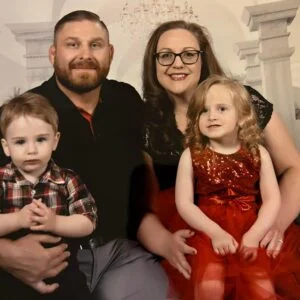
Rebecca Paeth, BSN-RN
Nurse Rebecca Health Coaching
Join me on my journey to a healthier lifestyle
I'm Rebecca, and I've been where you are.
If you’re tired of the endless cycle of dieting and conflicting health advice, feeling overwhelmed and longing to truly understand how to nourish your body and feel good in your own skin like I did, you’re in the right place. Through my blog, I share insights on weight loss, mindset, neuroplasticity, nutrition, and self-care to empower you on your wellness journey. Whether you’re seeking personalized guidance to address specific health challenges or you’re ready to break free from restrictive diets and embrace body acceptance while achieving sustainable weight loss, I offer coaching programs designed to help you cultivate lasting health and body confidence. Ready to explore a different path?

Benefits You Can Expect
Personalized, Evidence-Based Support
One-on-one sessions tailored to your health history, goals, and lifestyle—rooted in nursing expertise and current wellness science.
Mindset Transformation for Lasting Change
Guided coaching to help reframe limiting beliefs around food, body image, and health—so you stop sabotaging your progress.
Clear, Actionable Guidance Without the Overwhelm
Practical tools, customized strategies, and compassionate support to help you take consistent, manageable steps forward.
Our Happy Clients!
“Working with Rebecca completely shifted my mindset.”
I had tried everything—diets, workout programs, you name it—but nothing ever stuck. Rebecca showed me how to reframe my beliefs about food and my body. I’m losing weight without trying to lose weight!
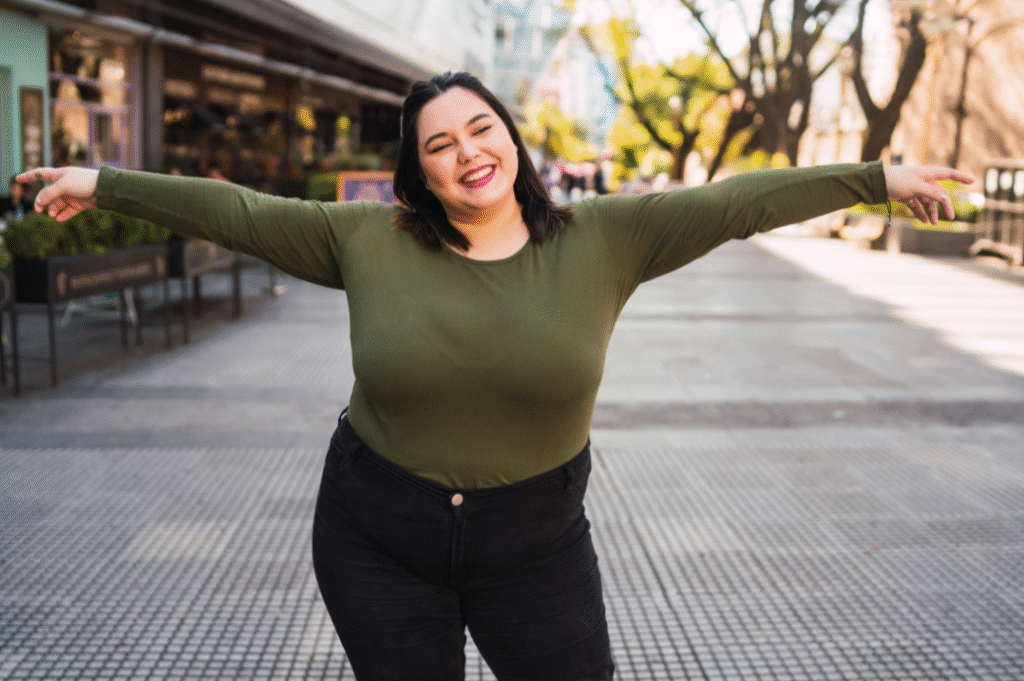
Rated 5 out of 5
Sarah L.
“I finally feel in control of my health for the first time in years.”
Rebecca didn’t just focus on my symptoms—she really listened to my story and helped me understand the root of my challenges. Her guidance was practical and tailored to me, and now I feel empowered to make choices that support my health every day.
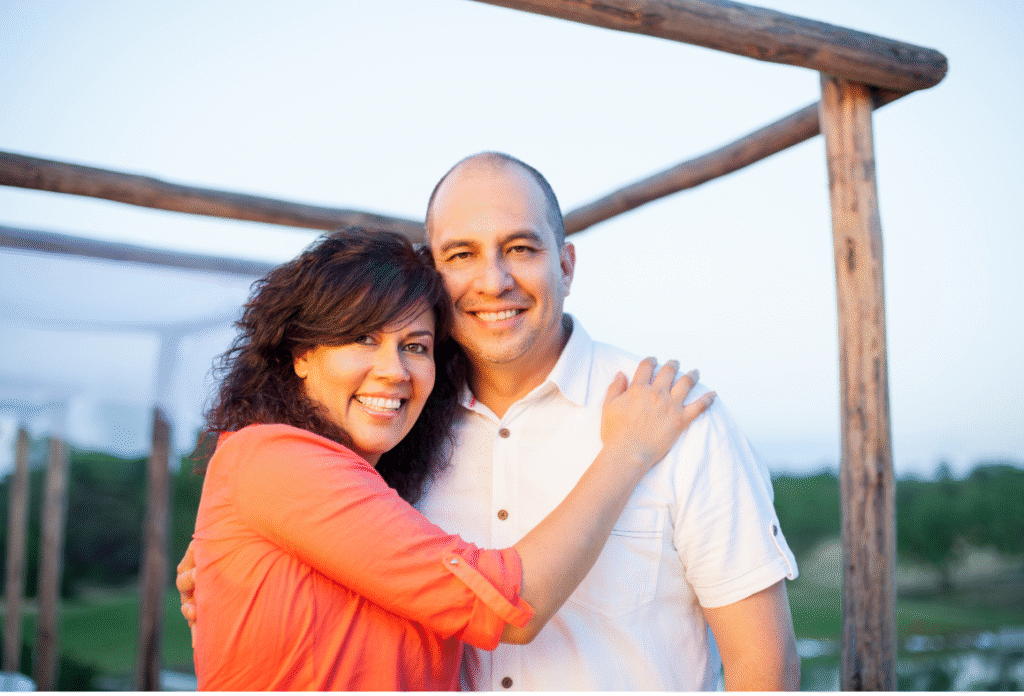
Rated 5 out of 5
Lisa S.
“Rebecca’s support made all the difference.”
Having someone who understands both the medical side and the emotional side of health was a game-changer for me. Rebecca provided me with actionable steps, encouragement, and accountability every step of the way. I can’t recommend her coaching enough!

Rated 5 out of 5
Kimberly F.
How It Works
Schedule Your Free Consultation
Book a no-pressure session where we’ll talk about your health goals, struggles, and what’s been holding you back. You’ll walk away with clarity—even if you don’t sign up.
I Handle the Details, You Focus on You
Based on your unique history and needs, I’ll create a personalized plan—no generic advice here. You’ll get clear next steps, ongoing support, and a roadmap that fits your life.
See Real, Sustainable Results
With consistent guidance and mindset shifts, you’ll feel more in control of your health, more confident in your choices, and more connected to the person in the mirror.
What’s Included in Your Coaching Journey

1-on-1 Coaching Sessions
Personalized 60-minute sessions tailored to your unique health goals, lifestyle, and challenges.

Custom Wellness Plans
A roadmap designed just for you—no generic advice, just focused guidance based on your needs and medical background.

Tools to Support Change
Worksheets, journaling prompts, and reflection exercises to help you stay mindful and motivated between sessions.
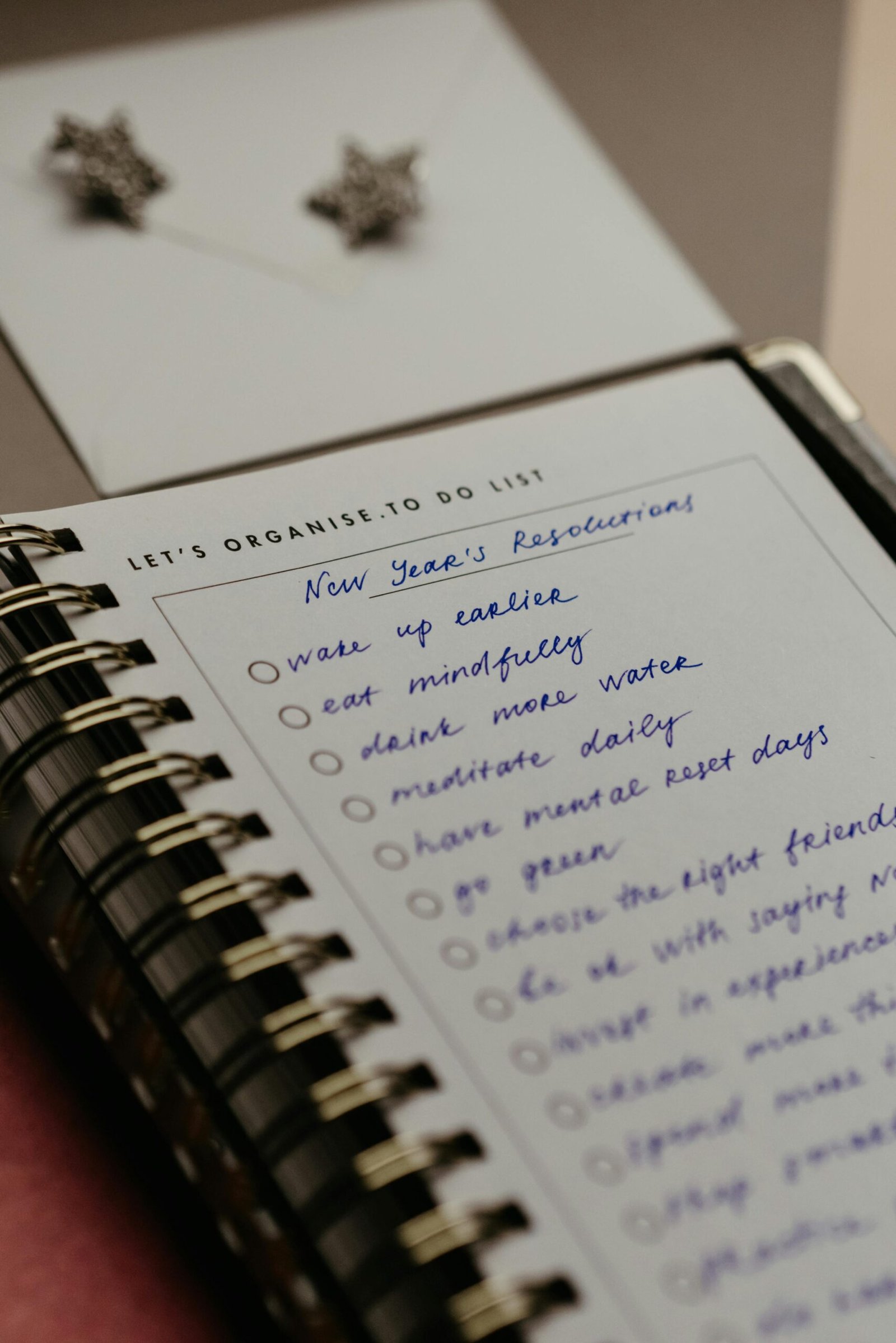
Progress & Accountability Tracking
We’ll track what matters most to you—from energy to mindset to symptom relief—so you can see real growth.
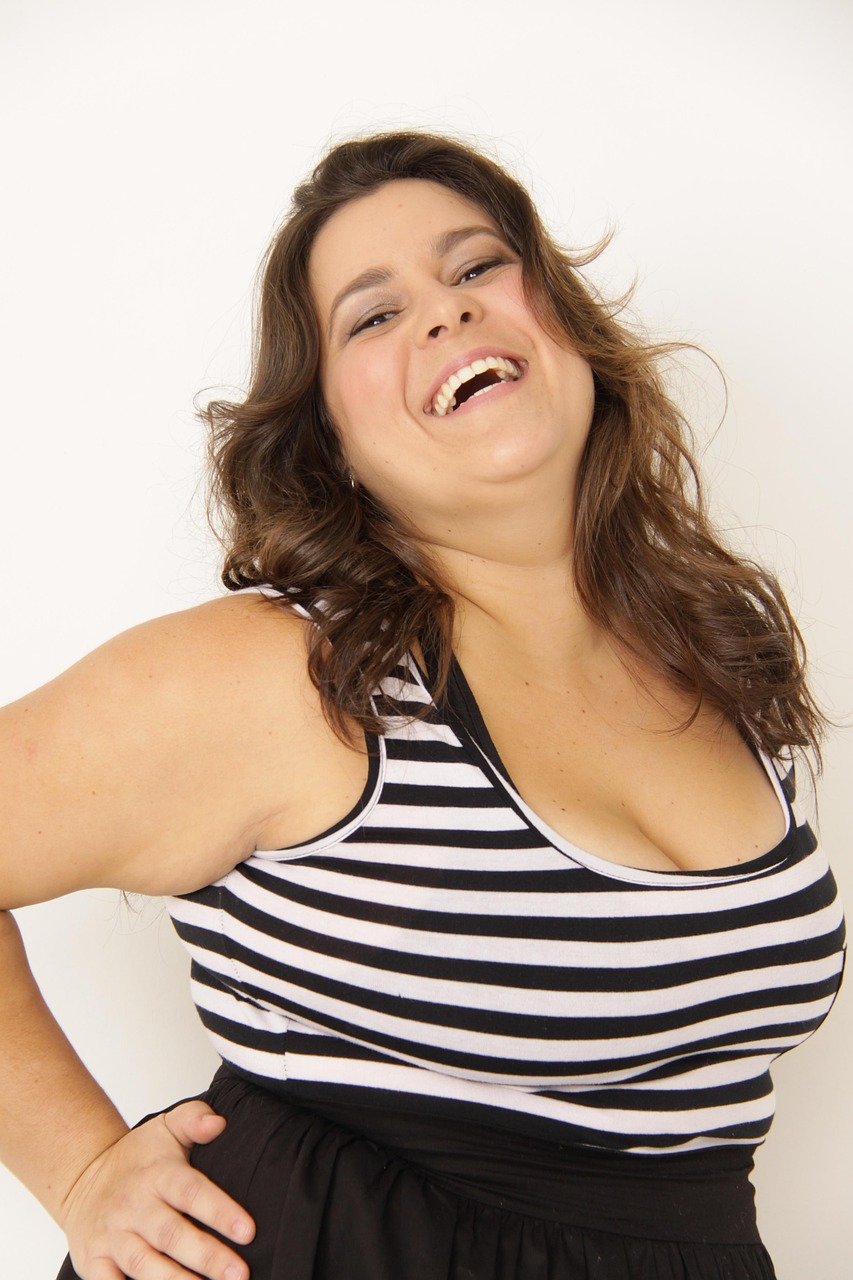
Mindset & Habit Coaching
Break free from old patterns and build new habits with a focus on lasting behavior change—not quick fixes.
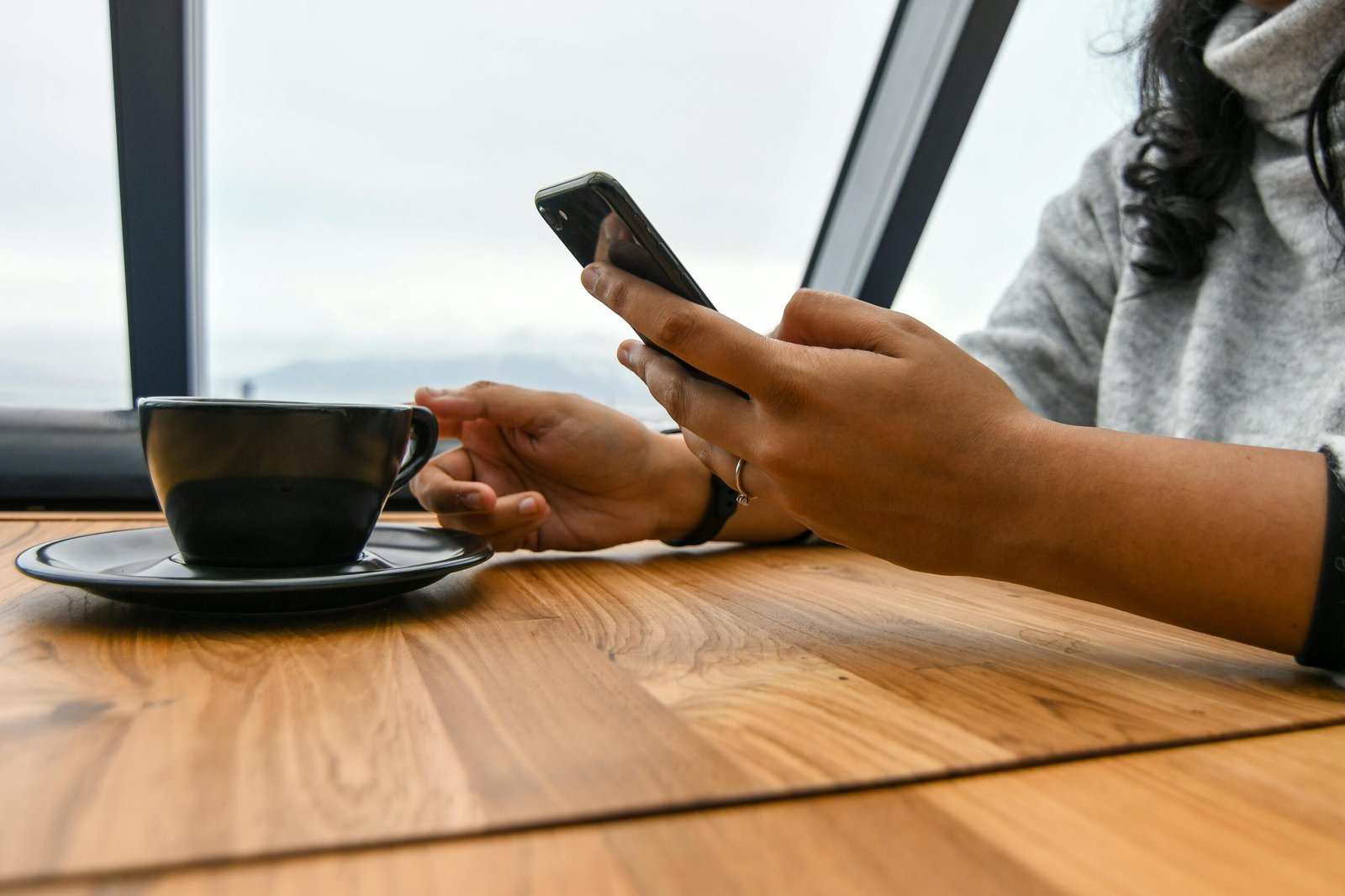
Ongoing Support Between Sessions
Stay connected with check-ins and direct access to me for questions, encouragement, and clarity when you need it.
Ready to Take the First Step Toward a Healthier, Happier You?
You don’t have to figure it out alone. Whether you’re managing a chronic condition or tired of the constant struggle with weight and self-doubt, support is here.
